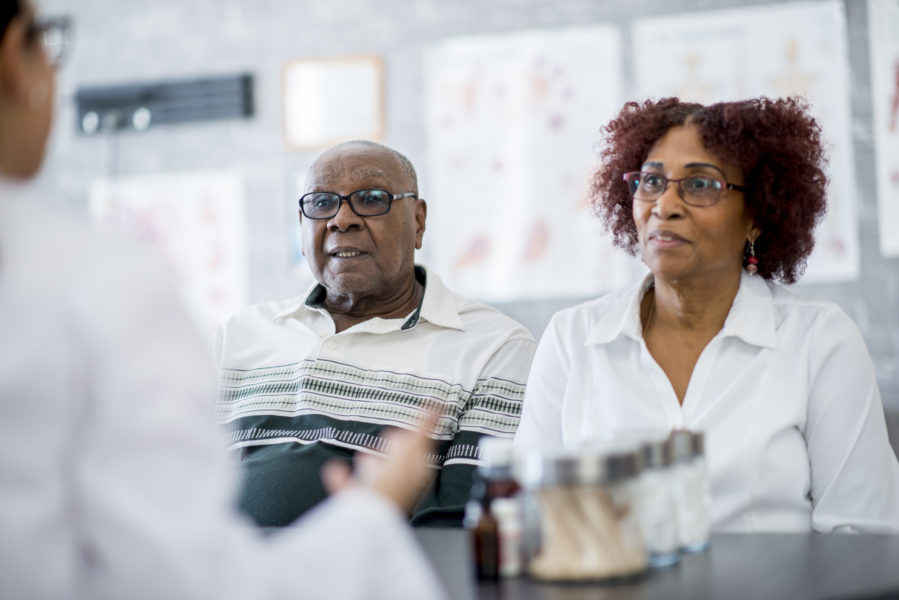
Q&A on Legal Considerations for Community Health Workers and their Employers
Law & Policy InsightsIn this Q & A, Heather McCabe, JD, MSW, Associate Professor, Indiana University School of Social Work and Colleen Healy Boufides, J.D., Senior Attorney, Network for Public Health Law Mid-States Region Office comment on some of the key issues addressed in their legal brief, “Legal Considerations for Community Health Workers and their Employers.”











